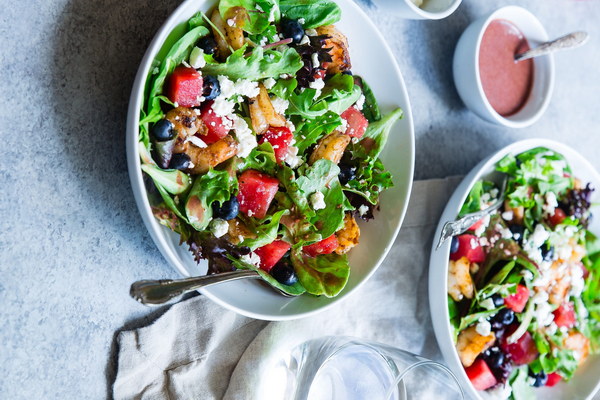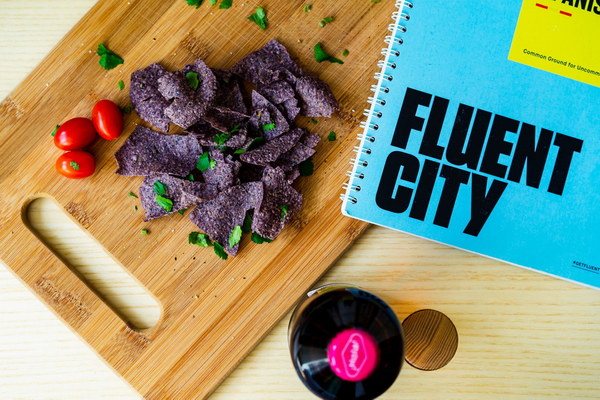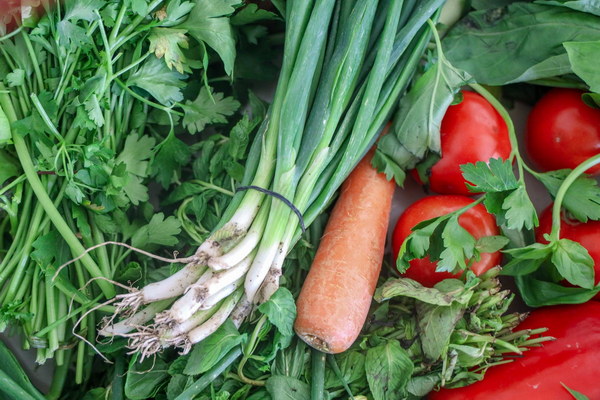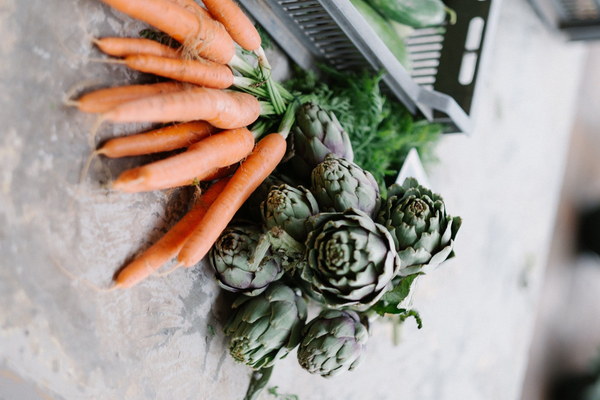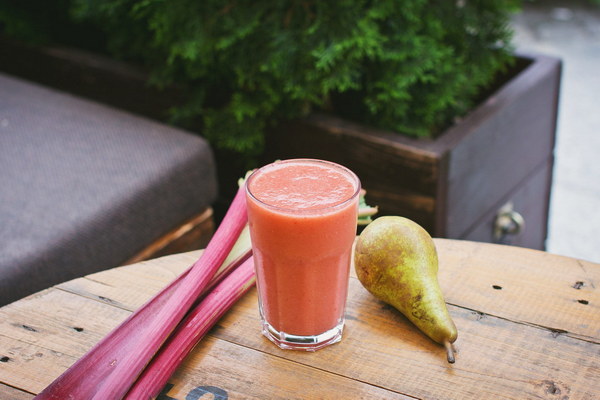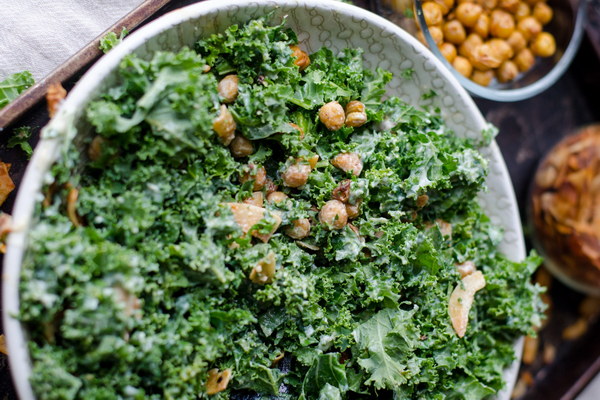The Comprehensive Guide to Hypertension Diet and Healthful Living
Introduction:
Hypertension, commonly known as high blood pressure, is a prevalent health condition that affects millions worldwide. Maintaining a healthy diet is a crucial aspect of managing hypertension. This comprehensive guide to hypertension diet and healthful living provides valuable insights into the best foods to eat, lifestyle changes, and tips for managing hypertension through diet and nutrition.
I. Understanding Hypertension
Hypertension is a chronic condition characterized by persistently elevated blood pressure, which can lead to serious health complications such as heart disease, stroke, and kidney failure. It is essential to understand the condition and its risk factors to make informed dietary choices.
II. Key Nutrients for Hypertension Management
1. Potassium: This mineral helps to balance sodium levels in the body, which can reduce blood pressure. Foods rich in potassium include bananas, oranges, spinach, and sweet potatoes.
2. Calcium: Adequate calcium intake is linked to lower blood pressure. Dairy products, leafy greens, and fortified foods are good sources of calcium.
3. Magnesium: Magnesium plays a role in regulating blood pressure. Foods high in magnesium include almonds, cashews, spinach, and whole grains.
4. Omega-3 Fatty Acids: These healthy fats can help lower blood pressure. Fish such as salmon, mackerel, and sardines, as well as flaxseeds and chia seeds, are excellent sources of omega-3s.
5. Fiber: High-fiber diets can help lower blood pressure. Whole grains, fruits, vegetables, and legumes are great sources of fiber.
III. Hypertension-Friendly Foods
1. Fruits: Berries, apples, and oranges are high in potassium and fiber. Avoid adding excessive sugar or salt to fruit dishes.
2. Vegetables: Leafy greens like spinach and kale, as well as root vegetables like carrots and beets, are rich in nutrients and low in sodium.
3. Whole Grains: Opt for whole grains such as brown rice, quinoa, and whole-wheat bread, which are high in fiber and nutrients.
4. Lean Proteins: Fish, poultry, and plant-based proteins like lentils and chickpeas are low in saturated fat and can help manage blood pressure.
5. Nuts and Seeds: Almonds, walnuts, and chia seeds are good sources of healthy fats, protein, and fiber.
6. Low-Sodium Foods: Choose foods that are naturally low in sodium, such as fresh fruits and vegetables, and avoid processed and canned foods.
IV. Lifestyle Changes
1. Regular Exercise: Engage in at least 30 minutes of moderate-intensity exercise most days of the week.
2. Weight Management: Maintain a healthy weight by eating a balanced diet and staying active.
3. Limit Salt Intake: Reduce sodium intake to less than 2,300 milligrams per day, and aim for even lower levels if possible.
4. Moderate Alcohol Consumption: Limit alcohol consumption to one drink per day for women and two drinks per day for men.
5. Stress Management: Practice stress-reducing techniques such as meditation, deep breathing, and yoga.
V. Tips for Meal Planning
1. Read Food Labels: Pay attention to sodium content in processed foods and choose lower-sodium alternatives.
2. Portion Control: Be mindful of portion sizes to avoid overeating and maintain a healthy weight.
3. Home Cooking: Prepare meals at home to control the ingredients and cooking methods, reducing the risk of excessive sodium and added fats.
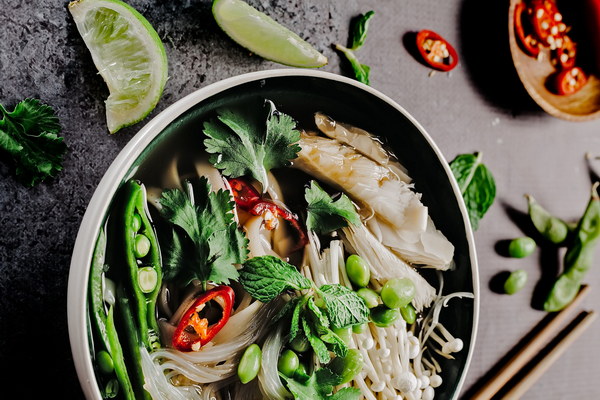
4. Meal Prepping: Plan and prepare meals ahead of time to make healthy choices easier throughout the week.
5. Seek Professional Advice: Consult with a registered dietitian or healthcare provider for personalized dietary recommendations.
Conclusion:
Managing hypertension through diet and healthful living is a crucial step towards maintaining a healthy heart and preventing complications. By incorporating hypertension-friendly foods, making lifestyle changes, and seeking professional advice, individuals can effectively manage their hypertension and improve their overall well-being. Remember, a balanced approach that combines a nutritious diet with regular physical activity and a healthy lifestyle is key to long-term hypertension management.
